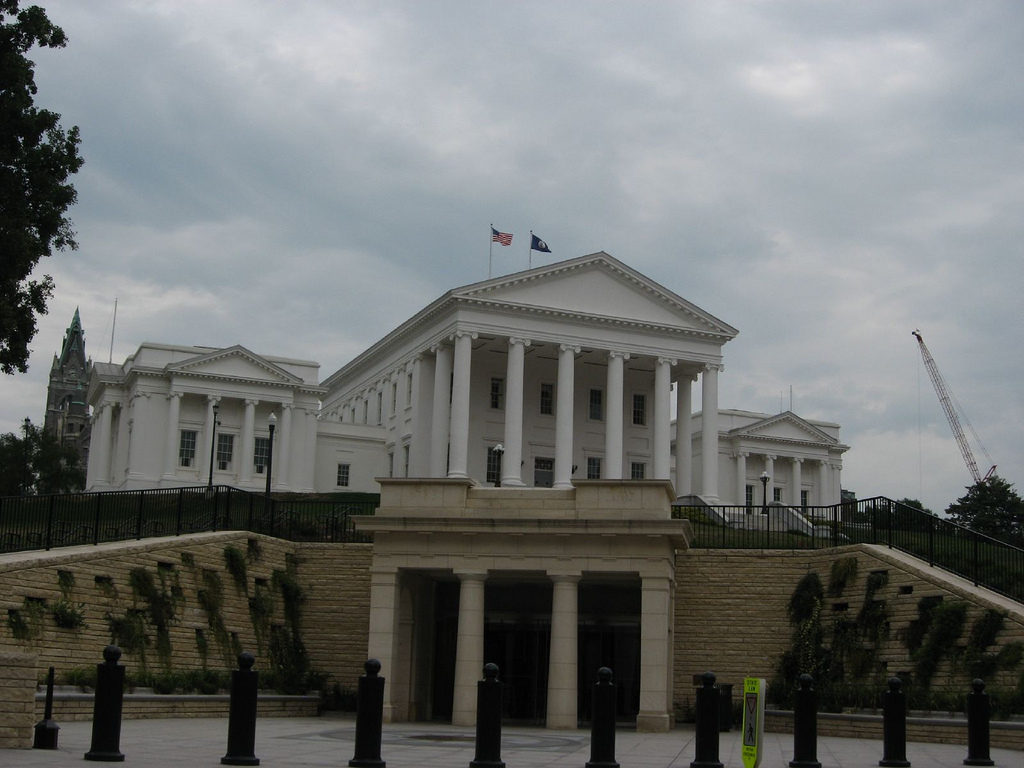The Governor and the Virginia legislature are currently in the process of reviewing the Commonwealth’s economic development efforts, seeking to ensure the viability of certain programs dedicated to generating business and bolstering the state’s workforce capabilities. According to a report released on Monday by Virginia’s legislative watchdog agency, two tax credit programs are already on the chopping block for “producing a negligible impact on the economy.”
The Joint Legislative Audit and Reviews Commission found that the Worker Retraining Tax Credit, meant to retrain workers at Virginia businesses, and the Telework Expenses Tax, set to promote telecommuting opportunities, have gone bust and need to be removed from the docket. For every taxpayer dollar spent on the programs, the retraining tax credit returning only 12 cents to the state’s economy, and the telework tax credit returned just four cents.
“If we can do a reallocation of those resources where we’re getting a better return on investment, I don’t understand why we wouldn’t do it,” Republican Senate Majority Leader Tommy Norment (R-Williamburg) said after being presented with the report in Richmond. Norment explained that unless a “compelling humanistic reason” surfaces to reinstate the tax credits again, they are unlikely to survive through next year’s General Assembly session, according to AP.
Currently, Virginia is the only state in the U.S. that offers tax credits to private businesses to help build a telework program. Georgia and Oregon previously had similar programs, but let the credits expire due to their minimal effects.
The Commission revealed that out of the companies that are eligible for telework tax credits, most do not apply for them. Furthermore, there has been no statistical evidence since the program’s inception in 2012 that the credits has increased rates of telecommuting in the state.
Worker retention credits were established in 1997 to assist private companies in keeping workers and to boost apprenticeship programs to decrease unemployment numbers. Seen as a great way to increase business in Virginia, many had high hopes for the program. However, on average, approximately seven businesses per year claim the tax credit, which requires companies to complete significant amounts of paperwork to obtain a relatively small amount of tax credits per worker retained.
As the program has had only a “minimal” effect on increasing apprenticeships statewide, per the Commission, other economic development efforts like small business loan programs and microfinancing have a much higher economic benefit for the state.
Officials from Virginia’s executive branch are interested in overhauling economic development programs. All state-backed economic incentives are being reviewed by Governor Ralph Northam’s Secretary of Finance Aubrey Layne and will then work in tandem with the General Assembly to rectify the situation surrounding the programs that are losing the Commonwealth much-needed cash.

